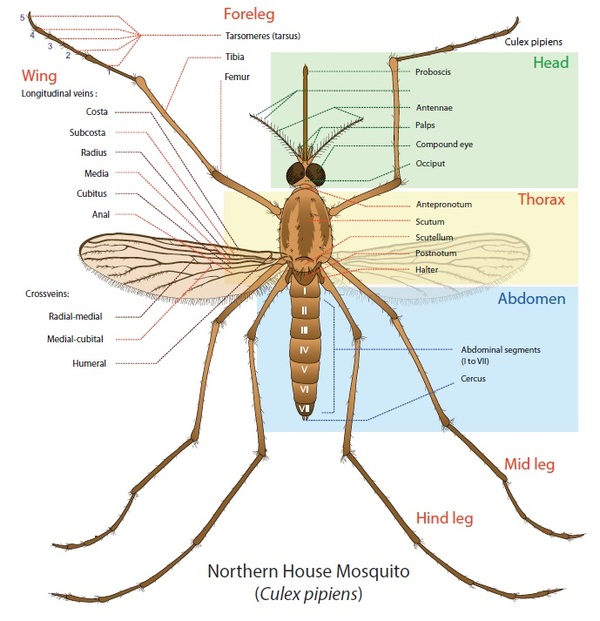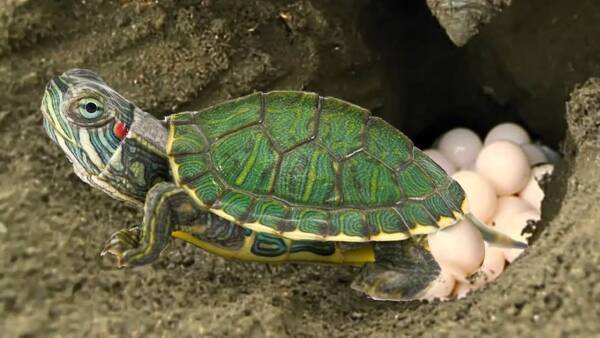Mosquitoes are often viewed as pesky insects, notorious for their bites and the diseases they spread. However, their feeding habits and dietary preferences are less understood. This article delves into the primary animals that mosquitoes feed on, the significance of their diet, and the ecological role they play in various ecosystems.

Mosquitoes primarily consume nectar and other sugar-rich substances for energy. However, female mosquitoes require protein for their reproductive process, which they obtain from blood meals. Male mosquitoes, on the other hand, do not bite and rely solely on plant nectar.
Humans are perhaps the most notorious targets of mosquito bites. Mosquitoes are attracted to humans due to body heat, carbon dioxide, and specific body odors. Certain species, such as the Aedes aegypti, are particularly known for feeding on humans, especially in urban environments.
Many species of mosquitoes also feed on birds. These mosquitoes tend to prefer warm-blooded hosts, and birds provide a rich source of blood protein. Notable examples include:
Culex pipiens: This species is known to feed on both birds and humans. They are particularly active during the evening and night.
Aedes vexans: Another species that will readily feed on birds as well as mammals, including humans.
In addition to humans, mosquitoes feed on various mammals, including:
Dogs and Cats: Domestic pets are also susceptible to mosquito bites, and some species may feed on them.
Wild Mammals: Larger mammals like deer, raccoons, and rodents can be hosts for mosquitoes. Species like Aedes canadensis are known to feed on these animals in forested areas.
While mosquitoes primarily target warm-blooded animals, they occasionally feed on reptiles and amphibians. Some species of mosquitoes may feed on the blood of frogs and lizards, although this is less common.
Mosquitoes play a dual role in ecosystems as both predators and prey. While they consume blood to obtain proteins necessary for reproduction, their larvae serve as food for various aquatic creatures, including:
Fish: Many species of fish eat mosquito larvae, helping to control mosquito populations in aquatic environments.
Invertebrates: Other invertebrates, such as dragonfly larvae and some species of beetles, also prey on mosquito larvae.
While mosquitoes feed on various animals, it's important to note that their blood-feeding habits contribute to the transmission of diseases. Mosquitoes are vectors for several serious diseases, including:
Malaria: Transmitted primarily by Anopheles mosquitoes, malaria is a significant health threat in many tropical regions.
Dengue Fever: Spread by Aedes aegypti, this disease affects millions of people worldwide.
West Nile Virus: Culex mosquitoes are the primary carriers of this virus, which can be fatal in some cases.
Mosquitoes primarily feed on nectar for energy, but female mosquitoes require blood meals from various animals for reproduction. Humans, birds, mammals, and occasionally reptiles and amphibians serve as their primary sources of blood. While mosquitoes are often viewed negatively due to their role in disease transmission, they also play a vital role in ecosystems as both predators and prey. Understanding their feeding habits helps highlight their ecological significance and the impact they have on both animal and human health. By addressing mosquito populations responsibly, we can mitigate their negative effects while appreciating their role in nature.
animal tags: Mosquitoes
We created this article in conjunction with AI technology, then made sure it was fact-checked and edited by a Animals Top editor.
you may also like

If the Brazilian turtle's eyes cannot be opened, it may be caused by eye infection or eye damage, which requires timely treatment. Here are some possible ways to deal with it: 1. Clean the eyes: Use distilled water or saline to gently clean the injured or infected eyes of...

A shivering rabbit could be because it's cold or has another health problem. Here are some tips for dealing with shivering rabbits:Keep warm: If your rabbit feels cold, it should be moved to a warm environment immediately and ensure that the ambient temperature is suitable (usually 18-22 degrees...

Beaver (English name: beaver) is a semi-aquatic mammal belonging to the order Rodentia. They live in rivers, lakes and swamps in North America, Europe and Asia, often building dams and houses in which to roost and hunt.The beaver's body is well adapted to aquatic life, with well-developed swimmi...

Japanese Long-tailed Chicken, also known as Onagadori, is a unique chicken breed that originated in Japan. It is known for its exceptionally beautiful and spectacular tail feathers, which can extend to several meters in length. The following are some characteristics about...

Some fish have no spines or very few spines, such as: 1. Eel: Eel is a saltwater fish with an elongated, snake-shaped body and no scales or dorsal fin. The eel meat is delicious, tender and contains no spines. 2. Catfish: Catfish is a freshwater fish...

Turtles are reptiles and they need the right environmental conditions to lay their eggs safely. The following is the general process and key points of turtle laying eggs: 1. Choose the right place: Turtles need a suitable place to lay their eggs, usually a warm, quiet, sa...

There are many types of dinosaurs. According to different classification systems and research results, different numbers of dinosaur species can be obtained. The following are some widely recognized dinosaur species:1. Theropods: Such as Tyrannosaurus, Velociraptor, and Ornithopods, th...

Doba salt is a chemical widely used in fisheries. According to research, dopa salt can promote the appetite and growth of fish and improve their meat quality. So, in some cases, dopa salt can actually have real and effective effects on fish.However, it should be noted that dopa salt also has potenti...
Email: jsset668#gmail.com (change # to @) Please indicate your purpose of visit! Guangdong ICP No. 2022053326 XML| map| Chinese

